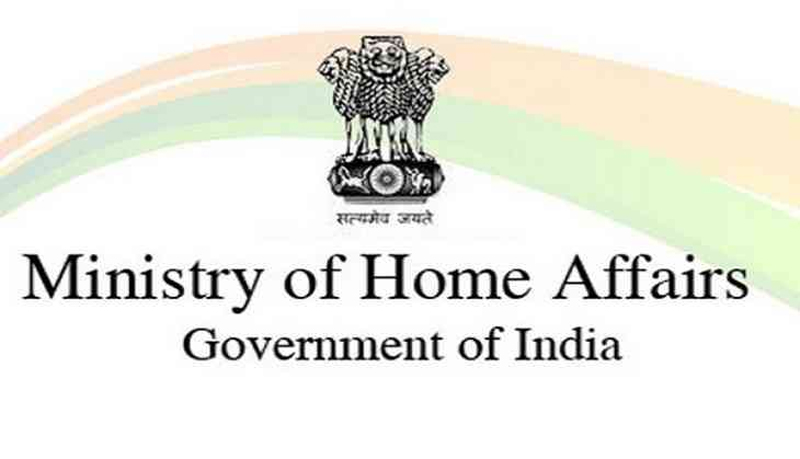Appointment of Ombudsman for ULBs, Panchayats
*Mandate of Acts enacted many yrs back yet to be achieved
Mohinder Verma
JAMMU, July 6: Mandate of the Acts enacted several years back has remained unachieved in the Union Territory of Jammu and Kashmir as the Government is showing no seriousness in appointment of Ombudsman for the Urban Local Bodies (ULBs) and Panchayats even after relaxation in criteria by the Union Ministry of Home Affairs.
The Legislature of erstwhile State of Jammu and Kashmir had in the year 2010 enacted Municipal Ombudsman Act while as the J&K Ombudsman for Panchayats Act was passed by the Legislature in the year 2014.
The mandate of both these Legislations was to get investigated the charges of corruption or maladministration in the Urban Local Bodies (Municipal Corporations, Municipal Councils and Municipal Committees) and Panchayats through an independent body called Ombudsman.
However, the objectives of these laws have remained unachieved in the Union Territory of Jammu and Kashmir till date mainly because of lack of interest on the part of the Government in making appointment of Ombudsman for these grass root level democratic institutions, official sources told EXCELSIOR.
It was only in the month of March last year that the Government had appointed Ombudsman for the Panchayats but no such step in respect of Urban Local Bodies was initiated. Following enactment of Jammu and Kashmir Reorganization Act, 2019 by the Parliament in the month of August last year whereby the erstwhile State was divided into two Union Territories, the Ombudsman for Panchayats had to resign to pave the way for fresh appointment under the new mechanism of governance.
Though both these legislations were not disturbed by the Jammu and Kashmir Reorganization Act yet no serious efforts were made by the administration to appoint new Ombudsman for the Panchayats and first ever for the Urban Local Bodies.
Thereafter, the Union Ministry of Home Affairs vide Jammu and Kashmir Reorganisation (Adaptation of State Laws) Order, 2020 dated March 31, 2020 carried out certain amendments in the J&K Municipal Ombudsman Act, 2010 and J&K Ombudsman for Panchayats Act, 2014 and relaxed the eligibility criteria for the appointment of Ombudsman for both categories of grass root level democratic institutions.
“However, even several months after the amendments in the Acts by MHA, the Government of J&K Union Territory has not made any progress in the appointment of Ombudsman as a result of which the mandate of the Acts enacted several years back has remained unachieved”, sources said.
Earlier, a person who had been a Judge of the High Court or eligible to be promoted as Judge of the High Court was eligible for appointment as Ombudsman but following amendment in the Acts a person who has held the post of Commissioner or Secretary to the Government or equivalent rank is eligible for the post of Municipal as well as Panchayats Ombudsman.
“Had there been seriousness in ensuring transparency and accountability in the functioning of the Municipal bodies and Panchayats the Government would have a made appointments especially after relaxation in the eligibility criteria”, sources said, adding “there are number of persons who attained superannuation from the post of Commissioner or Secretary to the Government as such there should not be any practical difficulty in filling up of the posts of Ombudsman for Urban Local Bodies and Panchayats but only seriousness is required at the Government level”.
The objective behind appointment of Ombudsman for Urban Local Bodies and Panchayats is to ensure timely investigation into charges of corruption and maladministration in these grass root level democratic institutions. “The appointment of Ombudsman is imperative especially when huge funding is being given by the Government of India to Urban Local Bodies and Panchayats for changing the developmental profile of the urban as well as rural areas of J&K”, sources said.
As per the Acts, the Ombudsman, for the purpose of investigation, shall have the powers as are vested in the Civil Court while trying a suit under the Code of Civil Procedure in respect of summoning and enforcing the attendance of any witness and examining him; requiring the discovery and production of any document; receiving evidence on affidavits and requisitioning public records from any court or office.


